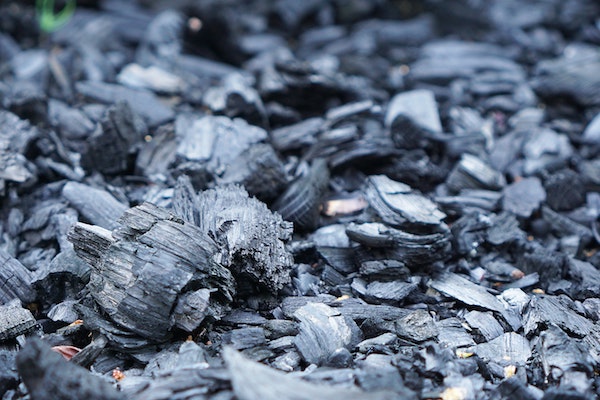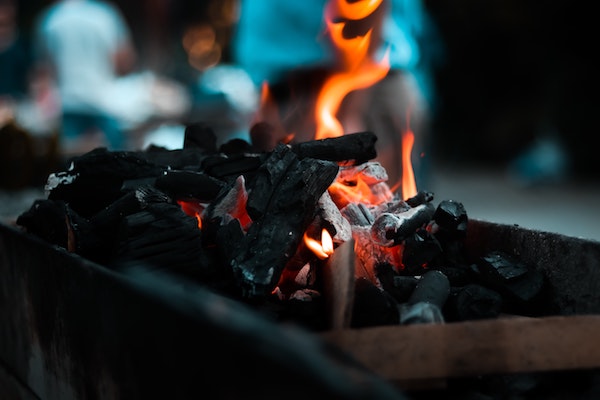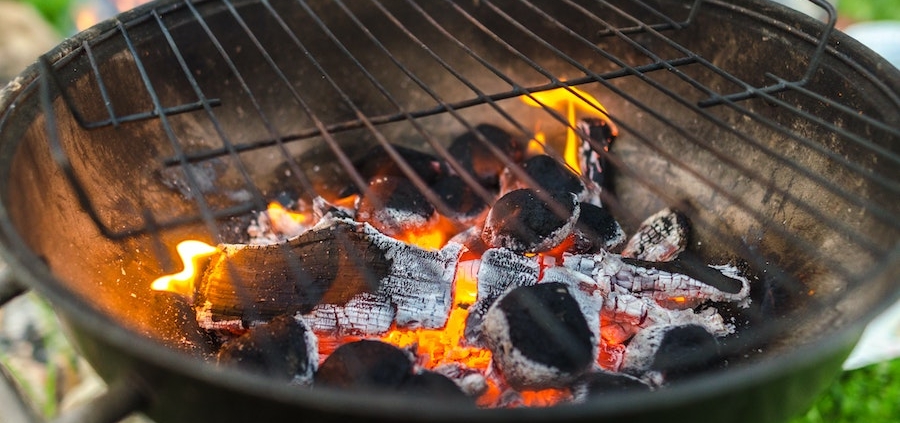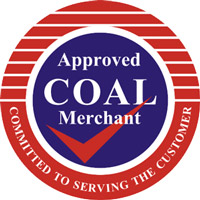From Forest to BBQ: The Journey of Sustainable Charcoal
How is charcoal made?
We’re used to these questions as coal merchants, but charcoal has been a valuable commodity for thousands of years and continues to grow in popularity, for cooking in particular.
The rich smoky flavour it lends to meats and veggies cooked over its flames is a mouthwatering delight for many, so it’s no wonder people are looking into where charcoal comes from. In this article we will discuss:
- The difference between Charcoal and Coal
- How Charcoal is Made
- Why Charcoal is different to Wood
- Sustainable Charcoal Manufacture
Coal vs Charcoal: What’s the difference?
They’re both black and sooty, and they both burn at high heat, but coal and charcoal are very different.
Coal is much older than charcoal, formed from vegetation in ancient forests which died and was compressed over 400 million years. The result is a dense, carbon-rich store of energy that is mined and burned for many purposes, including domestic heating, energy production, blacksmithing and more.
Charcoal takes just hours to create from wood, heating it slowly in a process that has been used by humans since the Neanderthals.
What is Charcoal Made From?

Charcoal is made from dried and carbonised wood. Most often, hardwood is used as the carbon density is higher. This means that there is more energy to be had from hardwood than from softwood, making the heat output higher. When the wood has turned to charcoal, all that is left is the carbon.
Why not just burn wood?
There are a few reasons why people choose to make charcoal rather than simply burning wood.
Less Air Pollution: when wood burns, it produces a lot of smoke, while charcoal does not produce much due to being pure carbon.
Higher Energy Yield: charcoal has a higher calorific value than wood, which means it yields more energy as heat per kilo. Cooking on a wood fire is possible, but requires a lot of wood to cook anything bigger than a sausage.
Use up poor quality wood: not all wood is worth burning for heat, but nothing needs to be wasted. When making charcoal, any hardwood can be transformed into a useful commodity.
How is Charcoal Made?
As one of the oldest commodities, charcoal can be made using many different methods and tools. Some methods use an underground pit, while others use a pit; it can be done in an oil barrel, while industrial methods use enormous concrete or steel kilns. For artists’ charcoal, some make it themselves by burning wood in a small tin with holes punched in the lid.
The basic process for making charcoal is to burn wood in a low-oxygen environment. This burns away volatile compounds such as water, hydrogen, methane and other elements, leaving behind only carbon (or ‘char’).
Dry wood, in evenly-sized pieces, is stacked in the kiln (or pit, drum or another container) with kindling in the middle. When the stack reaches the top the kiln is shut and covered with insulation to keep the heat in. The fire is a small amount of airflow is needed to keep the fire going, but not too much to keep the carbon from burning.
Can Charcoal Be Sustainable?

Charcoal is always more sustainable than burning fossil fuels such as coal and natural gas, even if the volume of CO2 emitted during cooking is slightly higher. This is because the Carbon atoms in that CO2 released were taken into the wood from CO2 during the tree’s lifetime, making charcoal ‘carbon neutral’. However, this does not mean charcoal is always sustainable in and of itself.
In the 21st century, consumers are often looking to make environmentally-conscious choices. Burning charcoal might not be the best way to do this, as the carbon dioxide output is always high, but as with everything, some charcoals are more sustainable than others. Methods of making sustainable charcoal will feature:
Local wood: With fewer miles to transport the wood before it is turned into charcoal, the overall carbon footprint is reduced.
Local production: Similarly, the distance between the production facility and the point of purchase should be minimal to avoid unnecessary carbon emissions from transport. Purchasing locally-made charcoal is also good for the local economy, supporting jobs in your area.
Coppicing: A method of harvesting wood without taking the whole tree, coppicing ensures a sustainable and renewable source of wood. Coppicing involves cutting relatively young trees (between 7-20 years) close to the base of the trunk in winter. In spring, the tree produces new, rapidly growing shoots which are left to thicken and strengthen ready for harvest in another 7-20 years.
When is Charcoal Unsustainable?
Of course, for every sustainable method, there is an unsustainable method that is often cheaper, quicker and more mechanised. Charcoal production is unsustainable when:
Trees are planted in monocultures: while this is more convenient for mechanical harvesting (using machinery to cut all the trees in an area quickly), it is damaging to soil health, wildlife habitats and biodiversity.
Trees are harvested whole for charcoal production: Mechanical harvesting often means that many trees are killed at once, disrupting any ecosystem present and removing habitats and food sources.
They are replaced with saplings which will grow for 20 years, replicating the monoculture, and be harvested again.
Wood is shipped long distances for charcoal production: the carbon emissions from lorries transporting timber between plantations and charcoal production sites are high, contributing to climate change.
Buy Charcoal in Bulk at Charles Swann Coal Merchants’ Website
Charcoals are used for food cooking applications, from back garden barbecue to restaurant grills. Here at Charles Swann, we supply one of the best grades of quality charcoal. Please give us a call to discuss any specific requirements you have for charcoal.
Our premium restaurant-quality charcoal can be supplied in pre-packed 12kg bags for efficient protected storage. Due to our bulk stocking mandate, charcoal purchased without any other fuels requires a minimum order of 6 bags. Call our office to make an order on 01922 408 152.




